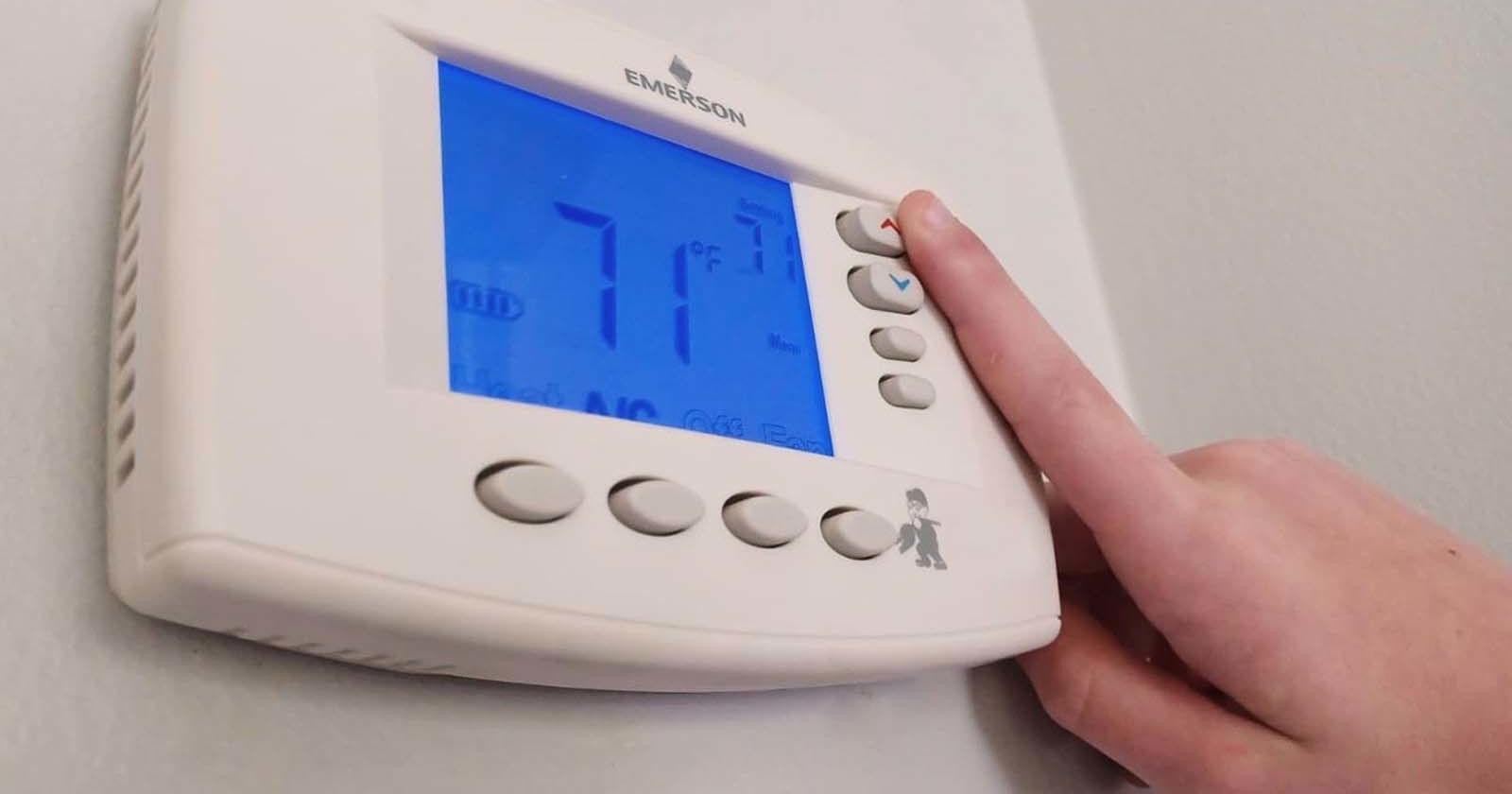
Recent cost of living increases have many consumers looking for places they can save money.
Now, as steeper prices also have affected utility bills, the Fort Knox energy team is offering tips for lowering energy consumption around the house.
Director of Public Works Jason Root and Fort Knox energy manager R.J. Dyrdek provided a list of small inexpensive changes consumers can make, many of which they’ve done themselves.
“I have replaced the majority of my heavy-use lights in my home with LEDs,” Root said. “It’s a saver in the long term, especially with how long they last.”
Although using energy efficient lights and turning them off when not in use is effective, the experts agreed the No. 1 place consumers use energy at home is their HVAC units.
“For this season, turn up your HVAC a degree. Every degree helps,” Root said. “Instead of keeping it at 70 degrees inside your home, turn it up to 72 or 73. It makes a huge difference.”
Dyrdek reiterated just how important adjusting temperatures around the house can be.
“In most cases, HVAC is around 70% of your utility bill,” he said. “Also, in most homes, the water heater is another huge contributor.”
Dyrdek advised consumers to adjust the temperature setting on the HVAC thermostat and also turn hot water heaters down a few degrees, along with shortening the length of showers when possible, which reduces energy and water consumption.
He also said there’s one other major water-related energy saver he uses at home.
“I never run the heated dry on my dishwasher,” Dyrdek said. “Pull the drawers open and let it air dry. The wattage in a dishwasher is mostly associated with heating the water or drying.”
Root said laundry is another area where consumers can save.
“There are pretty good laundry soaps out there that allow you to wash in cold water,” he said. “I have read articles that talk about how the amount of money our nation spends on hot water for our laundry is enormous.”
Another area to improve is air leaks around doors and windows. While using curtains can definitely help, they said there are other great methods to seal air in better.
“There are some shrink wrap products you can use,” Root said. “There’s an adhesive strip that goes around the outside of it and you then use a blow dryer to [seal it], and it can dramatically help in certain spaces.”
Dyrdek echoed Root’s comments about how much heating and cooling can be lost in those areas of the home. He said there are simple ways to check if it’s an issue.
“If you can see light around them, or if you hold a match to them and it blows out, you’re losing energy,” he said. “Use threshold strips and check around the doors and windows to make sure they’re sealed.”
Dyrdek pointed out that while many of the tips discussed were things to do in existing homes, there’s one crucial element to consider for anyone planning on building a house in the future.
“The most cost effective thing we’ve learned is to insulate,” he said. “There is no money spent that performs better than good old insulation.”
Both experts said the bottom line in saving costs is to have awareness of where energy is most being used.
Dyrdek said there’s one piece of advice that is most important.
“Know where your money is being spent,” he said.



